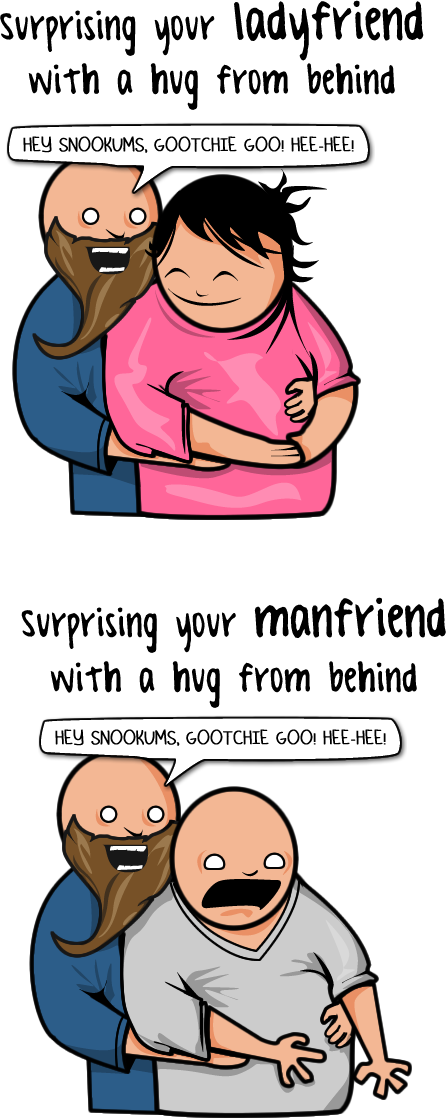Wow, this is terrible. It really shows how when we are looking at relational and structural problems an individualistic explanation can just lead you so awry.
Vodpod videos no longer available.
Notice how all of the blame is placed on women themselves. At about minute 1:00 we hear that women have “equal opportunities” and “equal rights wherever they go” yet “women choose to opt out” and they squander the “investment” society has made in their education because they choose “not to contribute in equal amounts to society as men do.” Wow women really are pretty terrible and irresponsible, sucking up all that government funded education only to “opt out” because it is too stressful, or they have to raise children and therefore don’t contribute to society as much as men do.
This completely erases the important fact that raising children is contributing to society. In fact, it is one of the most fundamental and ineliminable requirements for a society that lasts longer than a generation (financial speculation, not so much).
Second it erases the fact that in heterosexual relationships women’s choices around raising children are inextricably entwined with men’s choices around raising children. Someone has to raise the children, that responsibility won’t go away. If men choose not to, then there is no one other than women to do so. You can’t fix the problem by shaming women for squandering the social investment we made in educating them and expect that to solve the problem. The problem needs to be solved through negotiations among men and women together considering how they are relationally entwined in this child raising business. Those kinds of negotiations might actually require businesses to change their expectations in order to facilitate work-life balance so it is no longer quite so “stressful.” Pretty much everyone gets stressed out when they are working more than one full-time job.
You really can’t fault someone for wanting only one full-time job. You can, however, fault a system that makes that option impossible. Women might have equal opportunities if we consider paid employment in isolation, but men don’t have equal opportunities if we also consider child care to be something that should accounted for as part of many adult lives. Paid employment and child care should be considered together, not separately. This would go a long way toward improving the adult lives of both men and women.
Dart describes how much business has invested in helping women and other minorities to advance. All of this effort seems wasted because of the problems with women themselves. Maybe it is time we start asking questions about the investment, though… where is it going? How does if affect care-giving responsibilities? How has society invested in this essential aspect of its own perpetuation? Maybe we are not looking in the right places when we are talking about women’s advancement…
So Fuck You Globe and Mail for this terrible piece (I am hesitant to blame Beatrix Dart because the piece is obviously highly edited, and in another video she does mention men and women having a dialogue together–although not about sharing work at home, and instead only about their “stereotypes” and unintentional behaviour–so I feel unsure about whether it acurately reflects her views, but if it does, fuck you Beatrix, too).
Read Full Post »







